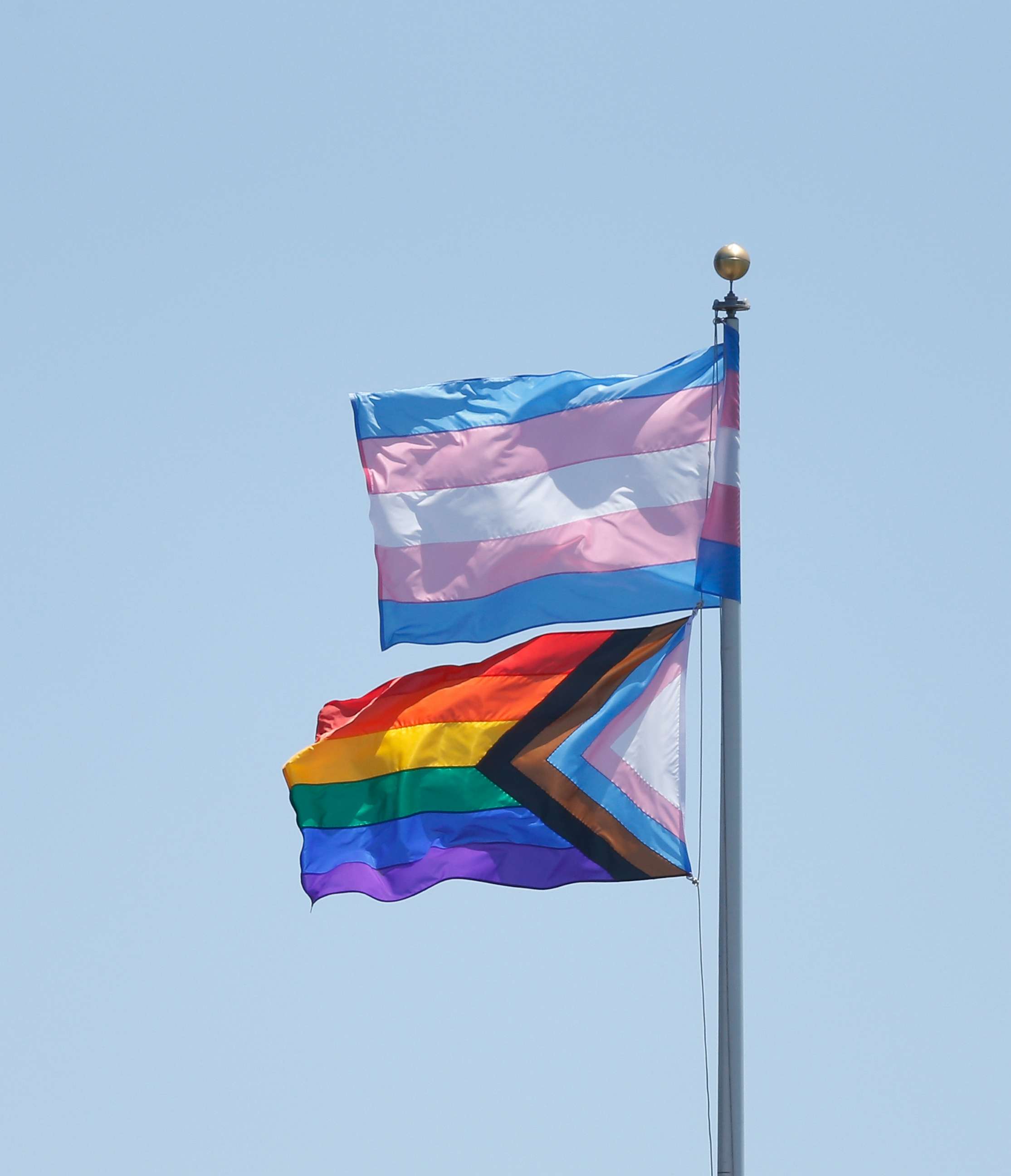House passes LGBTQ data collection bill to address community needs
The bill is now heading to the Senate.
As Pride Month nears its end, the House has passed the LGBTQI+ Data Inclusion Act, which will require over 100 federal agencies to improve data collection and surveying of LGBTQ communities.
Data collection is vital to understanding the needs of a community, sponsors of the bill say.
The legislation states that complete and accurate information about LGBTQ identities is needed to “inform public policy and federal programs,” allowing legislators to direct resources where they are needed and better serve the community.
Right now, few federal agencies regularly collect complete, nuanced data on these populations, according to the bill.
“The availability of data also has a critical role in ensuring that any disparities in areas like health outcomes, housing, and employment can be addressed,” the bill states.
The act would also implement privacy requirements for data collection that would prevent the personal identification of individuals for their protection.

LGBTQ people are more likely to experience poor health conditions, financial and housing insecurity, and higher unemployment rates than the general population, according to research by Rutgers University, the Centers for Disease Control and Prevention, and more.
Activists applauded the move to expand data collection, including the nation’s largest LGBTQ civil rights group, the Human Rights Campaign.
They say it’ll help formally acknowledge and attempt to address issues facing the community.
“Turning the knowledge of those disparities into action that will close the gap requires a much more systematic and consistent effort,” said David Stacy, HRC’s Government Affairs director. “We call on the U.S. Senate to take up this important legislation, pass it, and send it to President Biden for his signature.”
Now, the bill is heading to the Senate.




